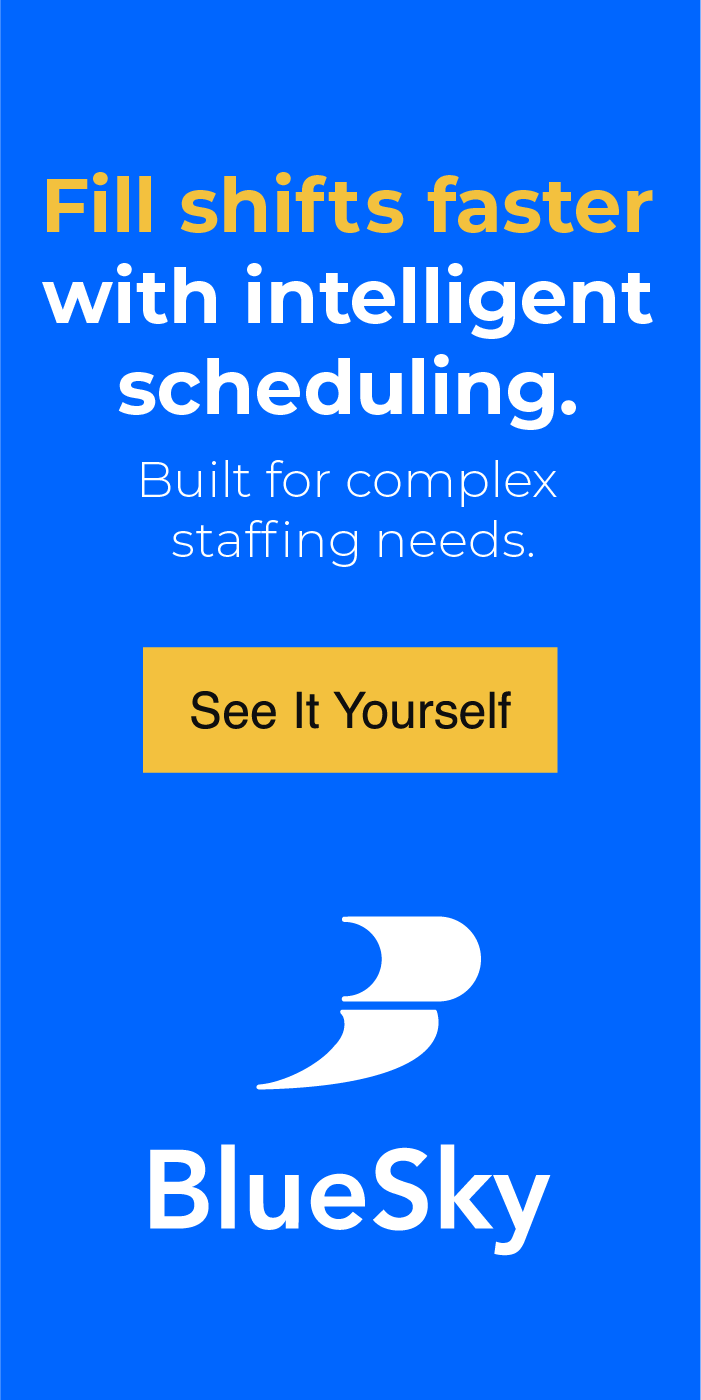Many health care facilities deal with being short-staffed, particularly within their nursing employee pool. This has become a global issue, felt inside and outside of the U.S. – one study in England found that 96 percent of hospitals had fewer nurses on staff during day shifts than planned, and 85 percent experienced short staffing during night shifts.
Understaffing can lead to a whole host of issues, including declining quality of care for patients and harsh working environments for health care employees. Thankfully, some organizations and legislatures are working toward a change in the near future.
Leading the way: California’s bill provides the foundation
Currently, the only state with legally mandated staffing ratios is California. The western state put the law in place in 2004, and to date, has seen considerable improvement in thanks to stated nurse-to-patient ratios. The state requires that, at most hospitals, nurses are assigned to no more than five patients, with a one nurse to two patients ratio within Intensive Care units.
“California’s mandate has lead to a more than 30 percent reduction in nurses’ occupational injuries and illnesses.”
According to Economic Policy Institute, this has lead to a more than 30 percent reduction in nurses’ occupational injuries and illnesses, as the ratio helps prevent burnout while supporting quality care.
Now, other states including Ohio and Massachusetts are seeking to put similar staffing ratio mandates in place, utilizing California’s law as an example. However, not all organizations agree that the issue should be brought to state- or federal-level government.
“We are eager to educate Massachusetts patients, who have access to some of the best healthcare facilities in the world, about this improper attempt to impose rigid and unworkable regulations on caregivers,” Lynn Nicholas, former president of the Massachusetts Health and Hospital Association, said. “These decisions should be made by experienced medical professionals at each individual hospital, not at the ballot box.”
That being said, it’s hard to argue with the improvements in workplace and patient care seen after the implementation of California’s staffing ratio mandate:
- The Department for Professional Employees reported that California nurses experienced less burnout and less job dissatisfaction than those working in other states without mandated ratios.
- California has also seen reduced likelihood of death with in-patients within 30 days of admission, alongside reduced surgical deaths (13.9 percent fewer than New Jersey and 10 percent fewer than Pennsylvania, for example).

Staffing ratios at the federal level
Overall, many organizations within and outside of the health care industry are supporters of more official staffing ratio mandates. National Nurses United, for example, is strongly backing two upcoming national safe patient ratio bills. This includes The Nurse Staffing Standards for Hospital Patient Safety and Quality Care Act within the Senate (S. 1063) and within the House (HR 2392). The text of both bills implement staffing ratio rules wherein nurses are assigned to no more than:
- One patient in trauma emergency units,
- One patient in operating room units,
- Two patients in critical care,
- Four patients in medical-surgical units,
- Five patients in rehabilitation units, and
- Six patients in postpartum units and well-baby nursery units.
Overall, the goal of any health care institution should be to provide quality of care for patients while still supporting the wellbeing of its employees.
To find out more about best practices for health care staffing, connect with the experts at BlueSky Medical Staffing Software today.

